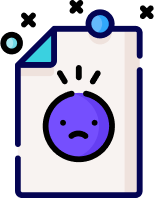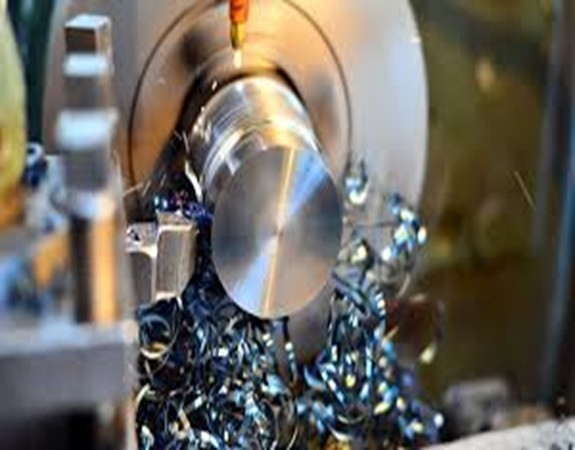What you will learn
-
None
Introduction : Machining; Plastic Deformation, Tensile Test, Stress and Strain; Mechanism of Plastic Deformation: Slips, defects, plastic deformation on atomic scale. Machining Process : Types of machining processes; Chip formation; Orthogonal and Oblique Cutting; Types of Chips; Built-up edge formation. Tool Geometry : Reference planes; Tool specification: American System (ASA), continental or Orthogonal System (ORS), International or Normal Rake system (NRS); Tool angle relationships in ORS, ASA and NRS; Selection of Tool Angles; Multiple-point cutting tools: twist drill, helical milling cutter. Mechanics of Metal Cutting : Merchant's Circle Diagram; Co-efficient of Friction: Determination of stress, strain and strain rate; Measurement of shear angle; Thin Zone model: Lee and Shaffer's Relationship; Thick Zone model: Okushima and Hitomi Analysis Friction in Metal Cutting : Nature of sliding friction; Friction in Metal Cutting: Sticking and Sliding Zones, Analysis of Stress Distribution on the tool face: Zorev’s model; Determination of mean angle of friction. Mechanism of Oblique cutting : Rake angles in oblique cutting: Analytical determination of Normal Rake angle, velocity rake angle and effective rake angle; their relationship; shear angles in oblique cutting; velocity relationship; Force relationships in oblique cutting. Practical Machining Operations : Turning, shaping and planning, Slab milling, Drilling: Machining Parameters, force magnitudes, power consumption, material removal rate, time per pass. Measurement of cutting Forces : Basic methods of measurement: Axially Loaded members, Cantilever Beam, Rings and Octagon, dynamometer requirements; machine tool dynamometers. Tool Material, Tool Wear and Tool Life : Types of tool wear; Mechanisms of wear: Abrasion, Adhesion and Diffusion. Progressive tool wear: flank and crater wear. Tool Life: variables affecting tool life - cutting conditions, tool geometry, Types of tool materials, fabrication of cutting inserts, coatings, work material and cutting fluid; Machinability and their criteria. Abrasive Machining Processes: Processes and analyses Economics of Machining: determination of optimal cutting conditions for minimum cost, maximum production rate and maximum profit rate Thermal Aspects of Machining: analytical determination of temperature in the shear zone and the chip-tool contact area Surface finish: comparison and analytical determination of surface finish in turning, milling and grinding





















No Discussion Found
0.0
0 Reviews
Meet Your Instructor
About Instructor
VTU is one of the largest Technological Universities in India with 24 years of Tradition of excellence in Engineering & Technical Education, Research and Innovations. It came into existence in the year 1998 to cater the needs of Indian industries for trained technical manpower with practical experience and sound theoretical knowledge.

Free
-
Course Duration10 h 4 m 18 s
-
Course LevelIntermediate
-
Student Enrolled0
-
LanguageEnglish
This Course Includes
- 10 h 4 m 18 s Video Lectures
- 2 Quizzes
- 0 Assignments
- 0 Downloadable Resources
- Full Lifetime Access
- Certificate of Completion
